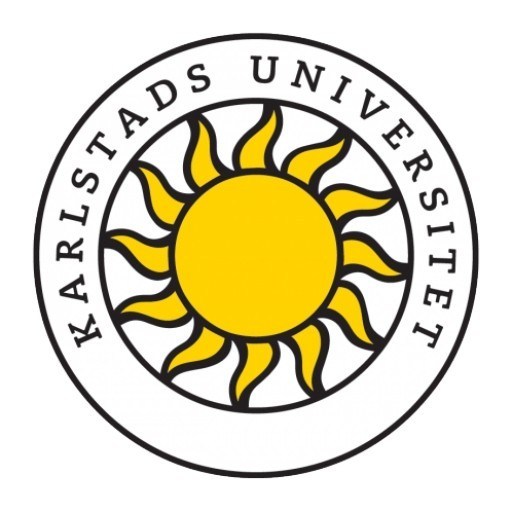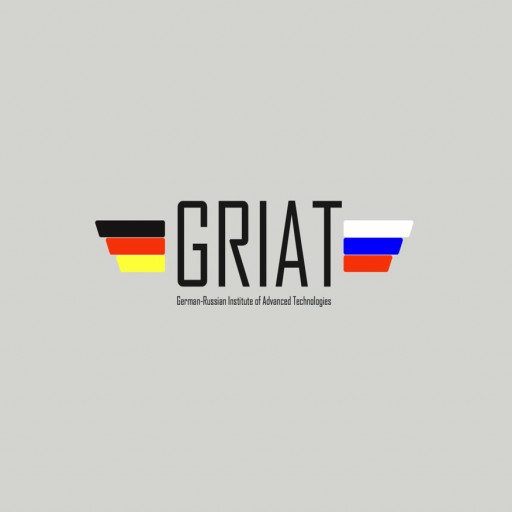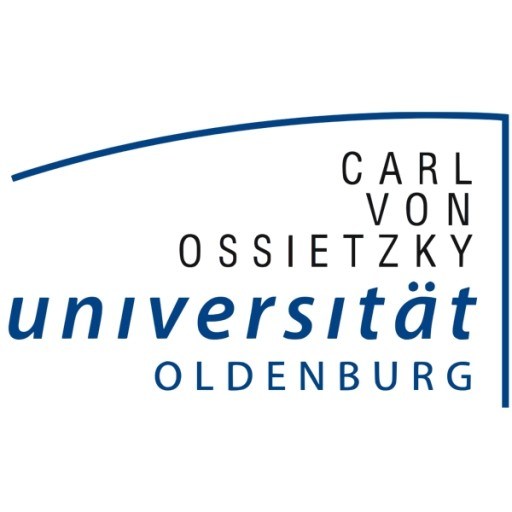Photos of university / #karlstadsuniversitet
Advertisement
Engineering physicists have a variety of career options thanks to their broad knowledge of general and applied physics. With a theoretical understanding of physical phenomena they contribute to the development of new technological applications in areas such as nanotechnology, in which the quantum structure of matter is used to develop new applications, for instance, molecular electronics, organic solar cells and quantum computers.
Employment Market
Engineering physicists have broad and varied career options. They work with materials development and the simulation of complex systems, or with research in innovative industries. The analytical abilities sharpened in this programme can open opportunities in computing or finance. Wherever physics gives rise to new technical possibilities, engineering physicists will carry on the development, perhaps in their own business. You will have a solid foundation in technology, natural sciences, and mathematics, as well as the ability to cooperate and communicate. Your competencies will be of use in many technical areas, especially where creativity, leadership, and a holistic view are also required.
Degree
Students who meet the general as well as the special requirements will, on completion of the programme, be awarded a degree of Master of Science in Engineering Physics. For examination and assessment regulations, see under the heading "Learning outcomes" in the programme study plan.
Further Studies
Upon completion of the programme, you may continue with doctoral studies. The subject in which your doctor"s degree will be awarded will depend on your previous studies. You also need to meet the prerequisites for doctoral studies of the subject chosen.
The programme provides specialisation in engineering physics with an emphasis on applications in materials and nanotechnology through advanced theoretical courses in physics and mathematics, experimental techniques and simulation and modelling of materials. Nanostructured surface and solar cells are examples of areas of specialisation. The students often collaborate on projects. There are also possibilities to study other subjects at Karlstad Univerrsity or abroad.
Form of Instruction
Instruction i given in the form of lectures, classes, practices, laboratory work, and as project work under supervision.
Examination
There are no set examination periods, and generally no final exam at the end of a semester, an academic year, or a complete study programme. Examination usually takes place at the end of each course, module, or unit.
Professional Contact
In connection with projects students are introduced to one of the programme partner companies or any other suitable company, one of which will very likely play a part in the completion of a degree project.
Course of study
Term 1
* Solid State Physics (Compulsory) 7.5 ECTS credits
* Materials characterisation (Compulsory) 7.5 ECTS credits
* Quantum Physics II (Compulsory) 7.5 ECTS credits
* Optional course (Optional) 7.5 ECTS credits
Total ECTS credits: 30
Term 2
* Computational Physics (Compulsory) 7.5 ECTS credits
* Functional materials (Optional) 7.5 ECTS credits
* Nanoscience II (Compulsory) 7.5 ECTS credits
* Surface Physics (Optional) 7.5 ECTS credits
Total ECTS credits: 30
Term 3
* Analytical Mechanics (Elective) 7.5 ECTS credits
* Advanced Quantum Mechanics (Elective) 7.5 ECTS credits
* Mathematical Physics II (Elective) 7.5 ECTS credits
* Optional course (Optional) 15 ECTS credits
Total ECTS credits: 30*
Term 4
* Degree Project for Master of Science in Engineering, Engineering Physics (Compulsory) 30 ECTS credits
Total ECTS credits: 30
* Full-time study always equals 30 ECTS credits per term (20 weeks).
Elective course: Students are free to choose among certain alternative courses, often depending on their choice of specialisation.
Optional course: Students are free to choose any course offered at Karlstad University or at other universities. Courses listed are examples of recommended or frequently chosen courses for a specific programme.








